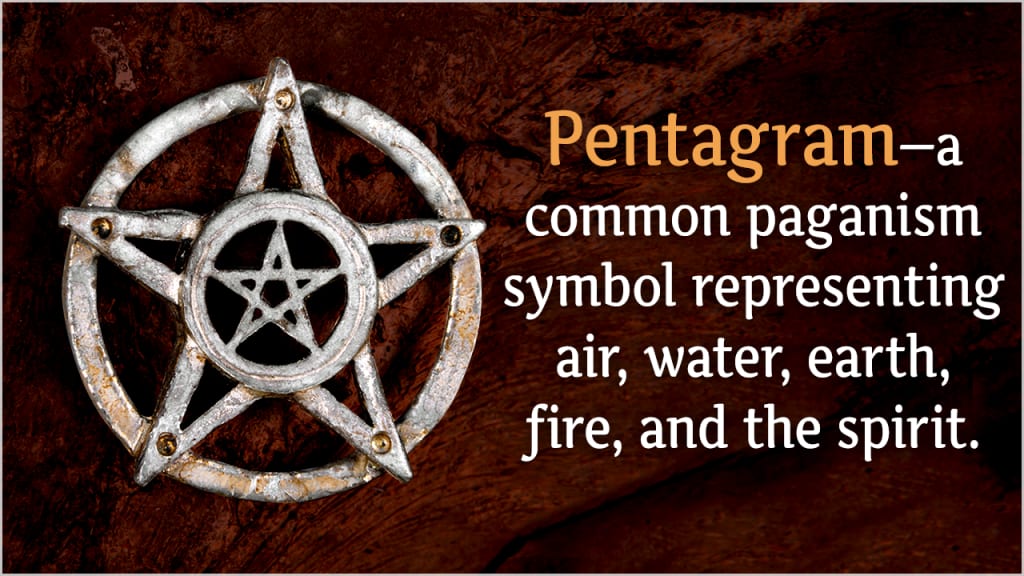Christianity and Paganism
How Christianity appropriated Pagan beliefs

Let’s start off by clarifying two things. One, I am in no way attacking Christianity, merely pointing out things that they appropriated when they were coming up with holidays and other important days. Two, Paganism is any religious belief that is outside the major world religions, such as Christianity, Judaism, Islam etc. and is alive and well today.
Ever wonder why Easter is never on the same day? Why some years it’s in March, and others it’s in April? This is because it depends on the full moon following Ostara, the spring equinox. Easter always falls on the first Sunday after the full moon that comes after Ostara. The spring equinox is also seen as a time of rebirth and fertility, when nature is growing again. This ties into why at Easter, we celebrate Christ’s resurrection. The fertility symbols of the Goddess at this time are rabbits and eggs. That’s where we get the Easter bunny, and why we paint and hide eggs.
Christmas tells a similar tale. December 25th was celebrated in multiple Pagan religions as the birthday of Mithra, a powerful sun god. In some versions of Mithra’s story, he was even born of a virgin and attended by shepherds. Yule, or the winter solstice is also celebrated on December 21st. Celebrations of Yule traditionally lasted between December 21st and January 1st, the time during which we celebrate Christmas through to the New Year. Santa Claus is not the first stranger to bring gifts in the night, that originates with the Norse gods Odin and Thor. Christmas trees also have Pagan beginnings, in the celebration of Saturnalia. This was a celebration of the god of agriculture and harvest, Saturn. Bringing tress into their homes and decorating them was a way to celebrate the Sun God, and the fact that he would now be growing stronger as the days lengthened. It also served to remind people of the lush green plants that would start to grow as a sign of that strength.
Although not strictly a religious holiday, Valentines Day is another example. Today, people think Valentines Day dates back to a priest named Valentine. He married couples in secret, so that the men wouldn’t have to go off to war. At the time, men who were drafted didn’t have to go to war if they were married. In fact, February 14th as a day for love goes back to ancient Roman practices. They celebrated the goddess Juno on this day. She was the queen of the gods, and was the goddess of child birth and marriage. Women would place their names into a box, and men would pull them out randomly. The two would be coupled for the duration of the festival. This was to promote fertility and marriage, and many of the couples would go on to actually wed.
Another less known holiday we can talk about is Halloween. When I say less known, I mean in the sense that the church celebrates it as All Saints’ Day, and has campaigned to have the official, public name changed for years. Halloween originates as the Pagan holiday Samhain. It is a day when it is believed the veil between this world and the next is at its thinnest. Samhain has been observed for over six thousand years. Food would be set aside for ancestors and protective spirits. It was seen as a time to celebrate the dead. Trick or treating also has much older origins. It was thought that on Samhain, other darker spirits and demons were able to walk the Earth, alongside dead loved ones. Delicious food was left out on porches and front steps to placate these creatures and protect those living inside.
I hope that by shedding some light on the origins of these holidays, I’ve given you something interesting to think about the next time you celebrate them.






Comments
There are no comments for this story
Be the first to respond and start the conversation.